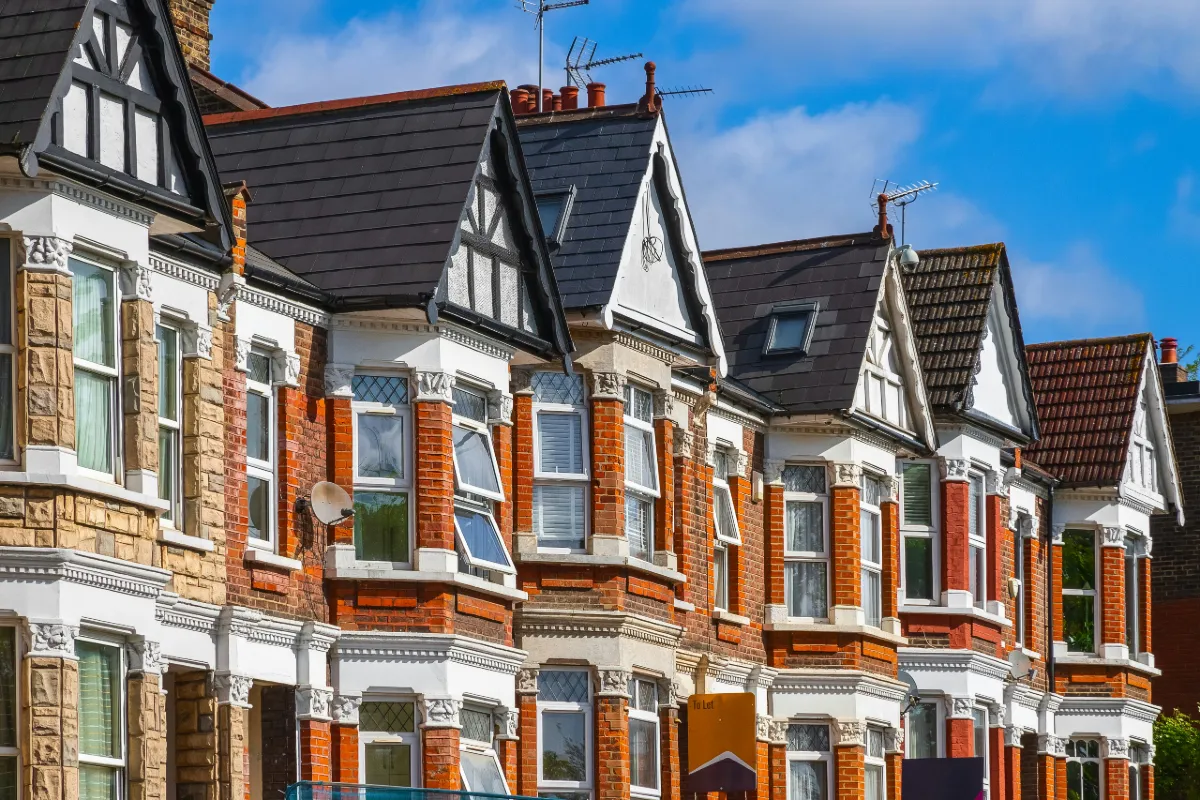The number of customers falling behind on their electricity bills with no repayment plan in place has more than tripled from 300,000 in 2012 to over one million at the end of 2024, with the number of customers falling behind on their gas bill also tripling from 300,000 to 900,000 over this period, according to Resolution Foundation research published today (Thursday).
Money on my mind – the sixth report of the Foundation’s Unsung Britain project, with support from JPMorganChase – uncovers some positive recent trends for low-to-middle income households in terms of increased saving and falling credit card debts. But it also identifies new financial worries for families in the form of rising energy debt and Council Tax arrears that need to be addressed.
The report notes that the 13 million working-age families across the poorer half of Britain still struggle to save, with over two-in-five having less than £1,000 in liquid savings. But saving rates are at least going in the right direction – a third of poorer households (33 per cent) said they had money to save at the end of the week or month in 2018-20, up from just a fifth (20 per cent) in 2006-08.
Overall levels of consumer debt among the poorer half of families have also dropped since the financial crash. The average amount owed by all these families has fallen from £2,617 in 2006-08 to £2,256 in 2020-22 (in today’s prices) – a real-terms fall of 14 per cent.
The authors note that while this fall in consumer debt is not as big as the 21 per cent fall among higher-income households over the same period, it is still encouraging, especially in the context of the shift to car finance in the last decade.
But while levels of consumer debt have fallen, other problem debts, like falling behind on ‘priority’ household bills such as energy and Council Tax – where the consequence for not paying can be severe – have increased dramatically.
Since the eve of the pandemic, Council Tax arrears in England have risen by almost half, from £4.6 billion in 2019-20 to £6.7 billion in 2024-25 (in today’s prices). The penalty for accruing these arrears can be sharp too – including prison sentences of up to three months.
The rise of energy arrears has been even sharper. Close to a million electricity and a million gas customers are now behind on their bills, and the size of their debts has surged: between 2012 and 2024 the average electricity debt grew from £500 to £1,600, while the average debt for gas rose from £500 to nearly £1,400.
These debts remain most concentrated in the poorest fifth of the income distribution, where almost one-in-five families (18 per cent) are behind on at least one priority bill.
The rise in arrears is principally driven by the increase in the bills themselves, say the authors, Families are still paying 50 per cent more for each unit of gas they use than they were before the energy crisis, while the combination of dwindling Council Tax support and fast-rising Council Tax bills has increased its burden on the poorest households.
The report says policy makers need to respond to these trends. Improving Council Tax support and introducing a new ‘social tariff’ on energy bills targeted at poorer households would help address the ongoing accrual of debts, while relief and recovery on energy arrears will require careful oversight from Ofgem.
Finally, the Foundation says that the Government’s pensions commission offers an opportunity to further boost family savings, by introducing an auto-enrolled sidecar saving scheme alongside their pensions.
Felicia Odamtten, Economist at the Resolution Foundation, said:
“Families’ financial resilience has been tested in recent decades by a series of financial shocks along with stagnating incomes.
“While families have impressively still managed to reduce their credit card debt and save a bit more, new financial worries have emerged with arrears on priority bills skyrocketing.
“Tackling these financial problems will require additional help with priority bills, such as improved Council Tax support, and a social tariff on energy bills. But all too often, lack of financial resilience is simply a consequence of lack of income and addressing this will mean fixing Britain’s dire record on productivity and real wage growth.”
Notes to Editors
- Embargoed copies of Money on my mind by Felicia Odamtten and Simon Pittaway are available from the press office. For more information contact Angelica Ottaway on 0203 372 2955.
- With a legacy dating back more than 200 years, JPMorganChase has a track record of demonstrating leadership during times of both economic growth and financial instability. The firm employs approximately 22,000 employees throughout the U.K. and is committed to operating a healthy and vibrant company that plays a leading role in advancing a sustainable and inclusive economy. The firm provides £600 billion in credit and capital to nearly 4,500 medium and large companies and supports over two million retail customers. At the same time, together with its non-profit partners the firm has supported over 33,000 low income households reduce their debt and improve their financial health, helped over 10,800 small businesses to grow their activity and placed over 9,800 individuals into apprenticeships or full and part-time employment. The views expressed in this report should not be taken to reflect the official position of JPMorganChase or any of its affiliates.















